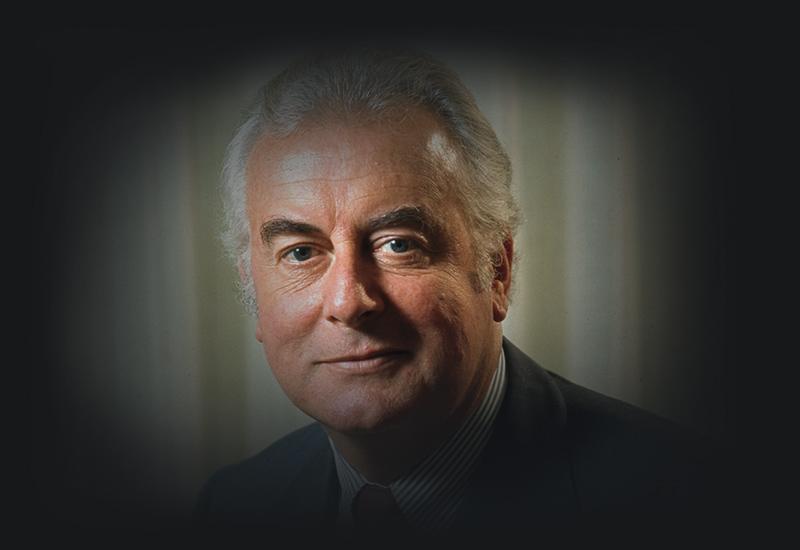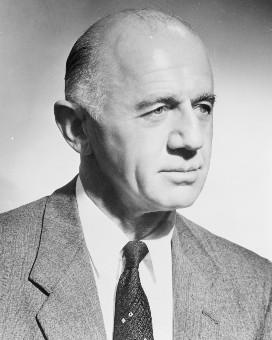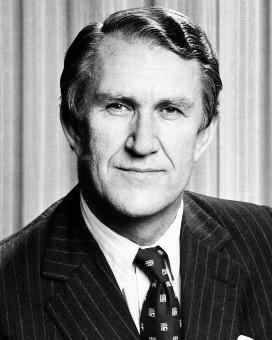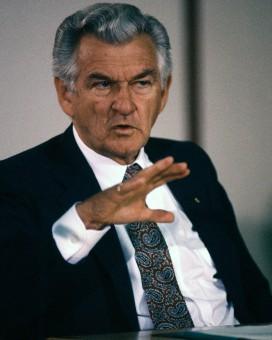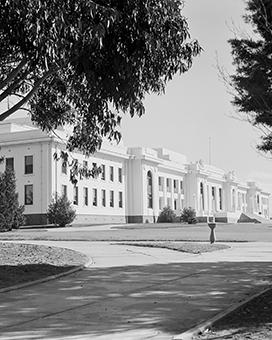On this page
1950 to 1959
29 Nov 1952: 1st elected to Federal Parliament
Whitlam was elected as Member of Parliament for the seat of Werriwa (NSW), in a by-election.
1960 to 1969
8 Feb 1967: Labor leader
Whitlam was elected as leader of the parliamentary Labor Party following the resignation of Arthur Calwell.
1970 to 1979
5 Dec 1972: 21st Prime Minister
Labor was elected to government for the first time in 23 years. Whitlam and deputy Lance Barnard were sworn in to comprise the first ministry until a Cabinet was chosen.
19 Dec 1972: Department of Aboriginal Affairs
One of the early reforms of the new Whitlam government was upgrading the Office of Aboriginal Affairs to ministerial level. This fulfilled an election promise designed to meet the responsibilities allocated by the 1967 Referendum.
19 Oct 1973: Queen of Australia
The Royal Style and Titles Act altered the formal title of Queen Elizabeth II to refer specifically to Australia. This was one of the few Bills of the Australian parliament enacted by the monarch personally, rather than by the Governor-General as vice-regal authority. Queen Elizabeth signed her assent during the Royal Tour for the opening of the Sydney Opera House.
31 Oct 1973: Whitlam in China
The 1st visit of an Australian prime minister to China marked Australia’s trade agreement with the People's Republic of China. Whitlam had visited China in 1971, as part of a Labor Party delegation, 1 month before United States President Nixon made his historic visit.
4 Dec 1973: Governing the continental shelf
The Sea and Submerged Lands Act extended Australian territorial seas from 3 to 12 miles (4.8 to 19.3 km). This gave the Commonwealth sovereignty of the sea and sovereign rights to resources to the extent of the continental shelf. Australia was a signatory to United Nations Conventions in 1958 and 1964 recognising national rights to territorial seas beyond the 3-mile limit, mainly to enable member nations to protect their fishing grounds.
8 Dec 1973: Referendum
At this referendum, 2 proposals were rejected by voters. One sought to give the Commonwealth Parliament power to make laws about prices, and the other about incomes.
23 Feb 1974: Saturday closing
Official post offices ended Saturday opening. On 1 July 1975, Saturday mail deliveries ceased. On the same date, 2 statutory corporations, the Australian Postal Commission and the Australian Telecommunications Commission, were established, replacing the Postmaster-General's Department.
18 May 1974: 29th federal election
After the rejection of 6 Bills by the Opposition-controlled Senate, a double dissolution election was called. Labor under Whitlam retained government, although with a reduced majority. The Liberal-Country Party Opposition retained control of the Senate.
18 May 1974: Referendum
Australian voters rejected 4 proposals related to simultaneous elections in the House and Senate, allowing electors in territories to vote at referendums, determining the average size of electorates in each state, and giving the Commonwealth Parliament powers to borrow money for any local government body.
11 Jul 1974: 18th Governor-General
Sir John Kerr served as Governor-General until 8 December 1977.
5 Aug 1974: Territories get Senate seats
The Senate was expanded to 64 seats when 2 Senate seats each were assigned to the Australian Capital Territory and the Northern Territory. This legislation was challenged in the High Court, and upheld.
24 Dec 1974: Cyclone Tracy
On Christmas Eve, 65 people lost their lives when a cyclone destroyed 90% of homes in Darwin. Residents were without shelter, power, transport or water and sewerage services. Acting Prime Minister Jim Cairns ordered the evacuation of the population.
31 Dec 1974: Diplomatic relations with North Korea
The Democratic People’s Republic of Korea opened an embassy in Australia. In April 1975, an Australian embassy opened in North Korea. On 30 October 1975, North Korea withdrew its embassy from Canberra and on 6 November expelled the staff of the Australian embassy in Pyongyang.
14 Feb 1975: Order of Australia
Queen Elizabeth signs Letters Patent establishing an Australian Honours system to replace British Honours for Australians.
13 Mar 1975: National Parks
The National Parks and Wildlife Conservation Act 1975 was enacted. The Australian National Parks and Wildlife Service had been established in 1974 as part of the Department of Environment and Conservation.
30 Apr 1975: Evacuation of Saigon
North Vietnamese troops occupied Saigon and remaining Australian and United States personnel were evacuated. Under the new regime, North and South Vietnam were unified. Saigon, the southern capital, became Ho Chi Minh City.
11 Jun 1975: Racial Discrimination Act
The Racial Discrimination Act 1975 was enacted, outlawing discrimination on the grounds of race.
12 Jun 1975: Federal family law
Enactment of the Family Law Act 1975 provides for a Family Court of Australia. The new Court came into operation on 6 January 1976.
01 Jul 1975: Medibank begins
The government introduced Medibank, Australia’s first national health insurance scheme.
16 Aug 1975: Handover at Wattie Creek
At Daguragu in the Northern Territory, Vincent Lingiari of the Gurindji people formally accepted from Whitlam title deeds to a part of their traditional lands.
16 Sep 1975: Independence Day
Papua New Guinea became independent, ending remaining Australian responsibilities in the self-governing country.
14 October 1975: Loans affair
Rex Connor, Minister for Minerals and Energy, resigned as a result of the ‘Loans Affair’. In 1974-75, the government considered by-passing the Loans Council to raise US$4 billion in foreign loans. Although the plan was abandoned, Connor continued secret negotiations through an international broker, and Treasurer Jim Cairns misled parliament over the affair before he was removed from Cabinet in March 1975.
11 Nov 1975: Whitlam government dismissed
Citing the ‘extraordinary and reprehensible circumstances’ of the loans affair, the Opposition under Malcolm Fraser used its control of the Senate to block appropriation (‘supply’) Bills in October and November 1975. Whitlam refused to call an election and discussions failed to resolve the deadlock. On 11 Nov 1975, Governor-General Sir John Kerr terminated Whitlam's commission as prime minister. Kerr then appointed Fraser as caretaker prime minister, on the assurance that Fraser could obtain supply.
31 Jul 1978: Leaves Parliament
Whitlam remained Leader of the Labor Party and Leader of the Opposition until 1977. On 22 December 1977, he stood down as party leader. Whitlam resigned from his parliamentary seat on 31 July 1978.
21 Oct 2014: Death
Whitlam died, aged 98. His passing was commemorated nationally, and his memory celebrated by politicians from across the political spectrum.

